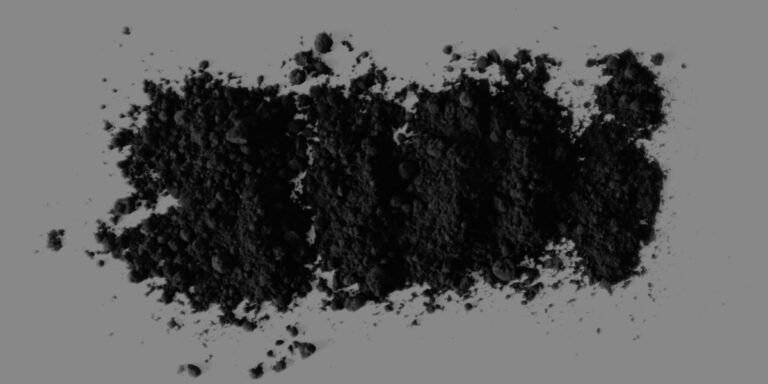Zeshan Qureshi & Michael Eddleston
The incidence of adverse effects of activated charcoal in poisoned patients is unclear. We performed a search of PubMed, EMBASE, and Ovid to identify large cohorts, and both randomized and pseudorandomized controlled trials, finding nine articles. The most commonly described adverse events were vomiting, aspiration, and intubation. Activated charcoal did not increase the incidence of vomiting [25 of 166 patients receiving charcoal vs. 23 of 161 not receiving charcoal, relative risk (RR) 1.05, 95% confidence interval (CI) 0.63–1.77, P¼0.84], aspiration (1 of 166 patients receiving charcoal vs. 1 of 161 not receiving charcoal, RR 0.97, 95% CI 0.10–9.37, P¼0.98), or intubation (154 of 3087 patients receiving charcoal vs. 79 of 1636 not receiving charcoal, RR 1.03, 95% CI 0.79–1.34, P¼0.82 AQ6).
Other adverse events such as bowel obstruction, corneal abrasions, electrolyte disturbances, and seizures were rarely reported in the trials. Activated charcoal was associated with few clinically significant adverse events in the treatment of poisoned patients.


